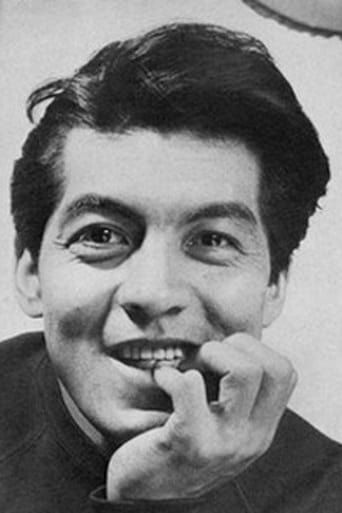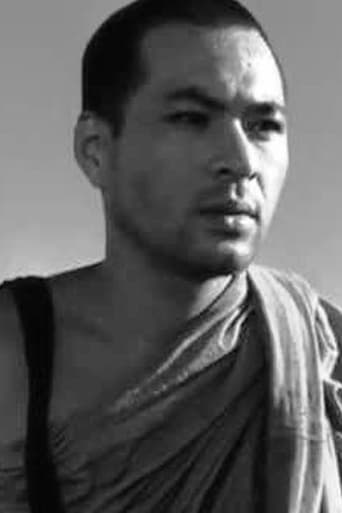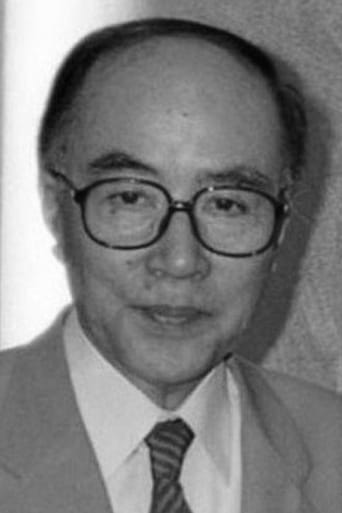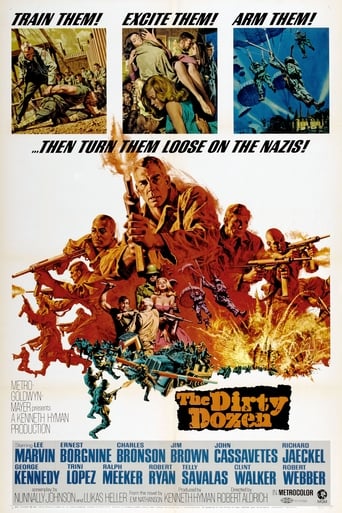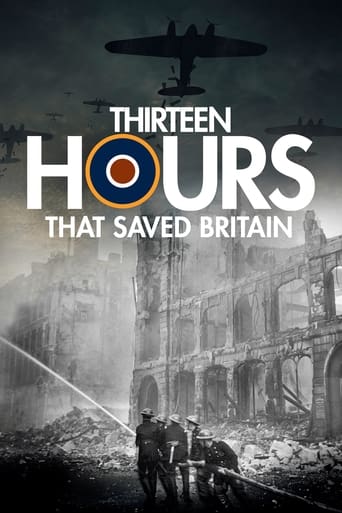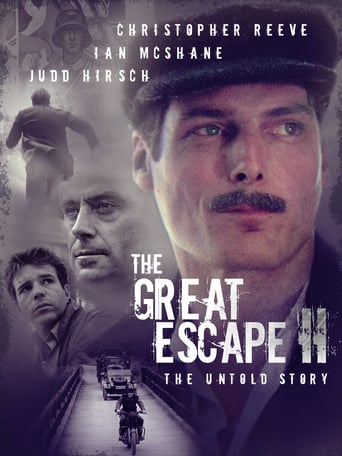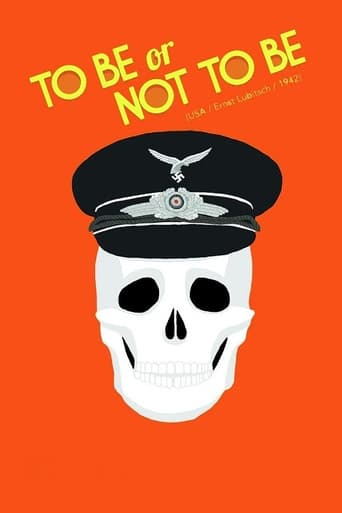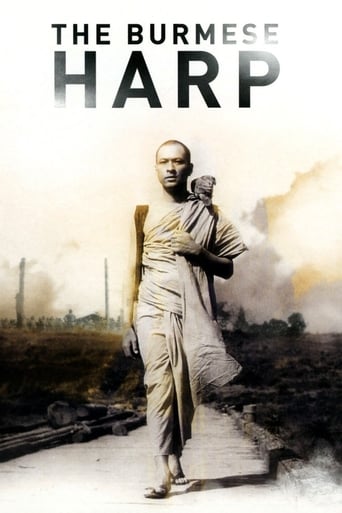
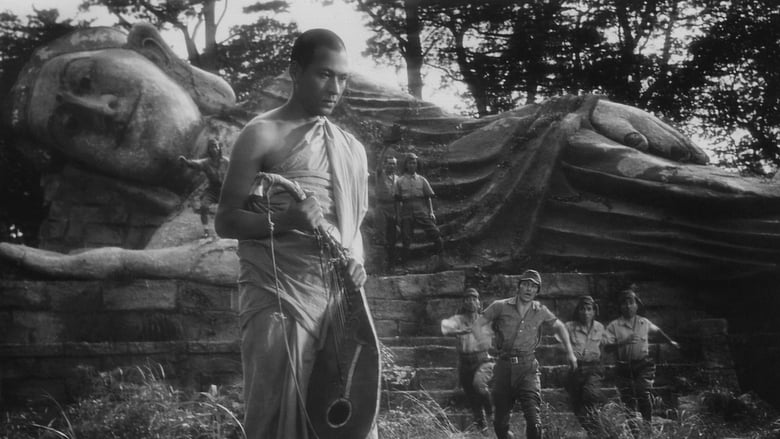
The Burmese Harp (1956)
In Burma during the closing days of WWII, a Japanese soldier separated from his unit disguises himself as a Buddhist monk to escape imprisonment as a POW.
Watch Trailer
Cast


Similar titles
Reviews
Simply A Masterpiece
Don't listen to the negative reviews
This story has more twists and turns than a second-rate soap opera.
Blistering performances.
I was a little skeptical of in the beginning. Early on the soldiers sing while the main character plays a "Burmese harp." It comes across as overly sentimental and saccharine, especially since the harp on the soundtrack is clearly a full orchestral harp (go to youtube if you want to hear a real Burmese harp, which sounds more like a guitar and is played with a that more plunk-y approach often found in Asian music). But the movie gets quite good quite fast, beginning with the Japanese soldiers' ingenious response to discovering they are surrounded by English soldiers.Even though this is meant to be a sincere drama, the movie really likes it's clever, somewhat artificial touches, like the parrots. I like them as well, and the story is intriguing and well told.This movie is often billed as an "anti-war" movie, but I would say it's more a "horrors of war" movie. Anti-war movies are those like All Quiet on the Western Front that portray war as a horrible madness, unnecessary and cruel. This is a brave stance, as most people consider war a necessary evil. It is less brave to say war is terrible and destructive, because even famous generals will tell you that.The movie, for that matter, seems mainly focused on how horrible war was for the Japanese. I'm suspicious of the scene in which the Burmese welcome the Japanese soldiers pleasantly into their village, because in general what soldiers do is take skimpy resources from the locals, which are given under duress. And while yes, the movie has a vague homily to creating peace right at the end, that is never really the focus; this is about one shell-shocked soldier rather than about a systemic problem. While I can pick at the movie's subtext (something ably done in the IMDb user review of [email protected]), it is fluid and well filmed, with affecting scenes and a compelling story. While the director leans a bit too much on artifice, typified by the false sound of the titular instrument, overall this is an excellent drama well worth your time.
"The Burmese Harp" meditates brilliantly on comradeship, killing, surcease from killing, guilt, remorse and reverence for the dead. From early in his career, this supple and nuanced story discloses Ichikawa to have a subtle mind that operated on many levels. Ichikawa's outsize talent would soon be declared in full force by "Fires on the Plain." This film broods on horror that one man tries to stop, and cannot, and spends the rest of his life in penance for. The story arc celebrates Buddhist thinking, and has such universal themes of guilt, commitment, personal accountability, isolation and shame that it could be transposed well to another place and time. Ichikawa's film occasionally tear-jerks, and some of the musical digressions could be trimmed, but "The Burmese Harp" is anchored by a deft human touch and a pervasive sense of ethnicity-transcending universality. Minoru Yokoyama, the cinematographer, has lovingly lensed this film with an attitude of creating iconography, which he has. Shoji Yasui's performance as Mizushima is one in which muses ever sing.
This story is about Mizushima, who was in a Japanese outfit in Burma at the end of World War 2. He mastered the harp and plays it for the regiment. The company finds out Japan has surrendered in the war and Mizushima is chosen to try to persuade a defiant Japanese unit to surrender, as otherwise they will be slaughtered by the British. They refuse to believe Japan has surrendered and are either killed or wounded. Mizushima, who unknown to his regiment survived the shelling, dons a monk's robes and has a new mission. This film is full of evocative images that make you think, make you feel regret and make you wonder, when all is said and done, what is it all for? To listen, for example, a company of British soldiers sing "There's No Place Like Home" and Mizushima accompany them on harp is tremendously powerful. What really blew me away about this film was that it felt like it was playing out in real time, as if it was actual footage of the war. I've not seen the 1985 remake also by Director Kon Ichikawa, but this is a powerful statement of the war that is pretty sobering. The film feels necessary to watch, which is about the best endorsement I can give.
Before I review THE BURMESE HARP, I should point out that I had previously watched another Japanese anti-war film, FIRES ON THE PLAIN ("NOBI"). I mention this because it definitely colored my view of BURMESE HARP, since FIRES did a much better job of conveying the horror of war--so much so that BURMESE HARP seems to pale a bit in comparison. So, if you like the message in BURMESE HARP, then seeing FIRES ON THE PLAIN is an absolute must.This film is set in the final days of WWII. The focus of the film is a small company of Japanese soldiers who are mostly trying to avoid being killed as well as find something to eat. Within this groups is a soldier who is almost like a mascot, as he carries a small harp with him and uses it to raise the morale of these dispirited troops. When they receive word that the war is over, the harpist (Mizushima) volunteers for one last mission--the try to convince some hard-core Japanese soldiers that the war is finished. However, these men don't believe him and soon they are attacked and killed--leaving Mizushima alive but wounded. As he makes his way back to the internment camp where his comrades are being held, he comes upon many war dead--so many that his mind seems to snap. From then on, instead of returning, he decides to don the robes of a Buddhist monk and travel the land burying the dead and dedicating his life to peace.When it comes to the technical aspects of the film, the music is wonderful and gives a rather surreal edge to the movie. Additionally, the cinematography is excellent as well. There is one problem, however, and that is that the film is poorly paced. In other words, while an exceptional film, it probably would have been better had it been trimmed a bit (the Leonard Maltin Guide also stated this--I read its review after I saw the film). I really think the message could have been more powerful had 15 or so minutes of the film had been trimmed--and this is something I rarely feel. Normally, I love longer films.By the way, this isn't so much a criticism of this particular film, but when I saw it I found myself a bit torn. Although many Japanese soldiers suffered and died in the war and it was a great loss, I wondered how many Japanese-made movies talked about the Rape of Nanking, their forcing Korean women to be "comfort women" (i.e., sex slaves) and the wide-spread killing of prisoners of war? If you know of any such films, let me know.


